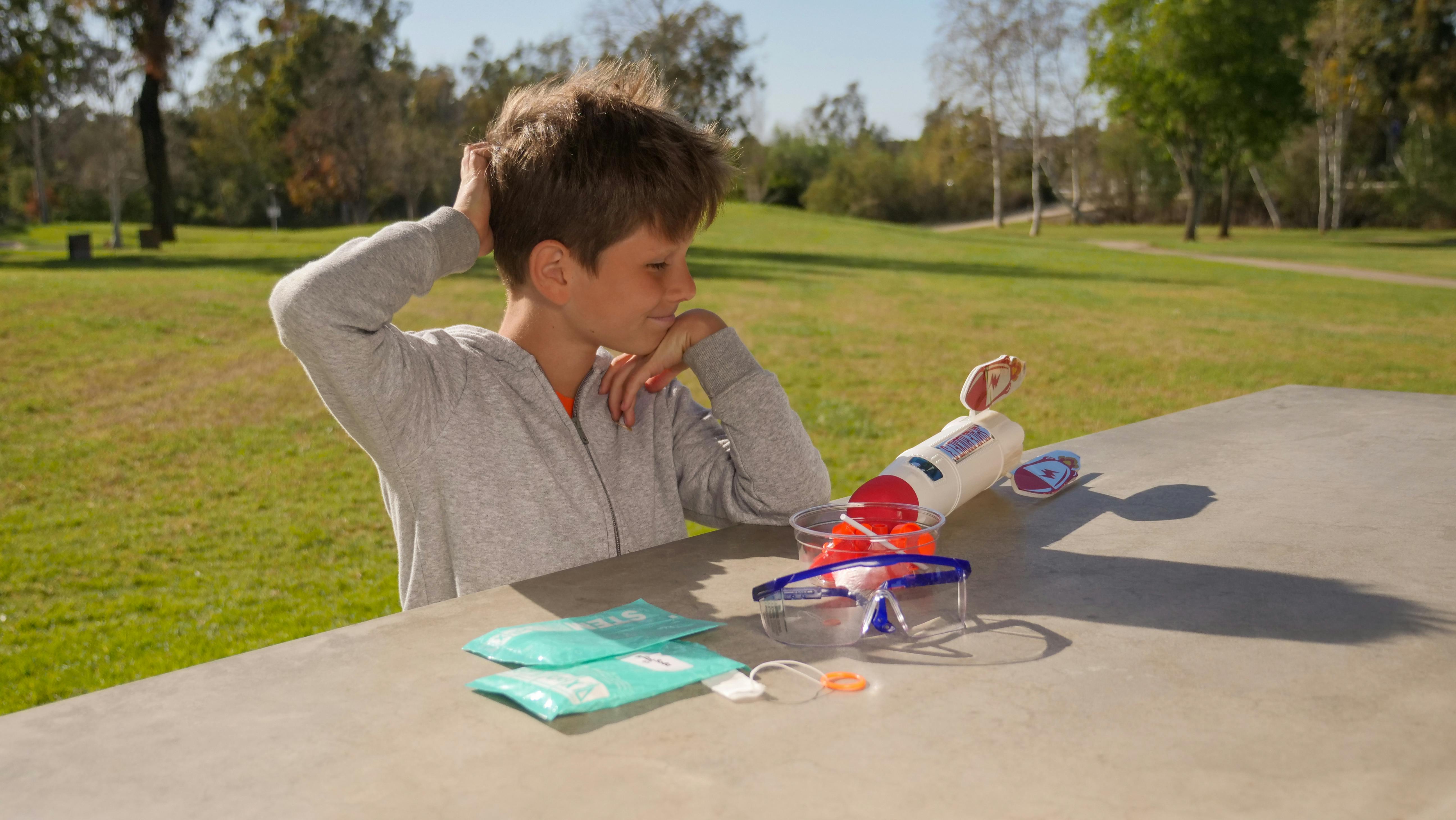
Top 5 misconceptions in brand and trademark selection
What “word” or symbol will you choose for your trademark to distinguish your products or services from someone else’s? Selecting the trademark can be very complicated. The goal is to choose a brand that is distinctive and that is not confusingly similar to someone else’s brand. At the same time, you want a brand that is a shield and a sword. This means you don’t want to be sued, but you also need the ability to assert your own rights against third parties who come too close to your playground. Your brand needs to be able to protect itself, and often people have misconceptions about what that really means. These are the most common questions I am asked when I advise someone to change a name.
1. “If I only change a few letters, won’t it be different enough to avoid a problem?”
A trademark cannot be registered if it resembles a trademark that is already registered. If your brand is likely to cause confusion, don’t choose that brand! For example, NUTRASALT was denied registration because it would likely cause confusion with NUTRASWEET. The consuming public must recognize a difference between trademarks. A different spelling or a minor change is also not enough, as marks that sound the same are also considered confusing. The likelihood of confusion test fills volumes of legal decisions and treaties. Many factors go into the decision, such as the strength of brands, the competitive nature of products and services, whether they are related, and the class and sophistication of consumers.
2. “But why shouldn’t I include the generic name of my product as part of the trademark?”
No one can brand bottled water as “H20” or the apple for an “Apple” because these are generic terms for the products and free to use by anyone. Generic terms can never be a trademark. Trademarks must be able to distinguish your apples from the apples of the competition. The brand must indicate the source and must answer “Who is the source of this product?” If one already knows the generic term for the product, there is no reason to include that generic term as part of the trademark when registering. For example, do not select and register GORGE! COSMETICS as its trademark. Instead, sign up just GORGE! since the generic term must be waived and is not protected in any case. Also, you are not limiting yourself to just cosmetics and you can spread GORGE more easily. to other products and services.
3. “But why can’t I register a term that describes my goods or services?”
A term that is descriptive of your intended products purpose, function or use cannot be registered and is extremely difficult to enforce unless you can prove “acquired distinctiveness” over time. This is expensive and not easy to prove. While everyone wants to tell their customers what they are selling, don’t do it on the trademark or brand. Save it for marketing and advertising materials. While a term that is suggestive from quality or ingredients is a strong brand, most people go straight to describe. The Trademark Office will allow a brand that only describes the ingredients, qualities or characteristics of its products. “PM” for night medications or “5 minutes” for glue that sets in 5 minutes are examples of descriptive marks.
4. “Why can’t I just register my last name as the trademark?”
Generally, surnames cannot be registered as trademarks in the absence of a secondary meaning. Marks that are primarily surnames are considered the same as descriptive marks. “JONES SHOES” would be an example of such a brand. There are exceptions, particularly for public figures who use their names for entertainment services or public speaking workshops.
5. “Why should I do my research before selecting my brand?”
Research is key! With today’s technology, it is easy to do a preliminary search on the Internet to see if the desired brand is already in use. You can first use a search engine, such as Google, to do your research. For example, in my cosmetics example above, I originally wanted to use MECCA Cosmetics. It just came to mind for some reason and I had never heard of it. However, I went to Google to be sure and indeed, Mecca Cosmetics is already a brand!
However, thousands of dollars should never be spent on advertising and marketing materials without a professional search. Trademark registrations exist in all 50 states, as well as with the US Trademark Office Many domains are never registered. The important thing to remember is that it is a good investment to secure a professional search and analyze the results with the help of a qualified trademark attorney before making your final selection.
